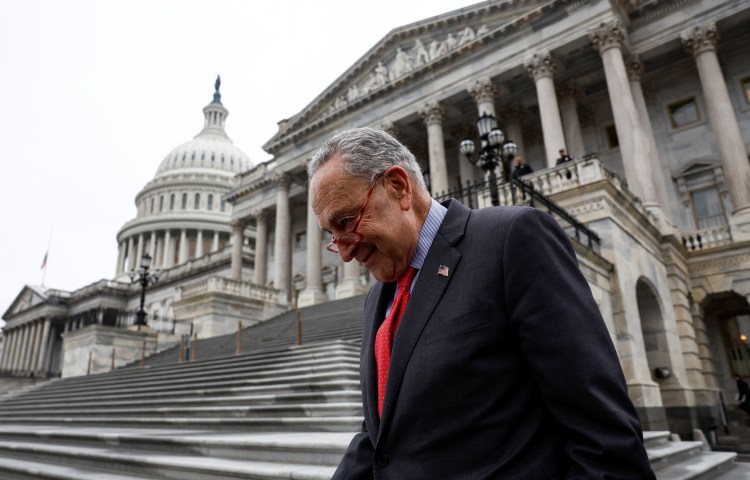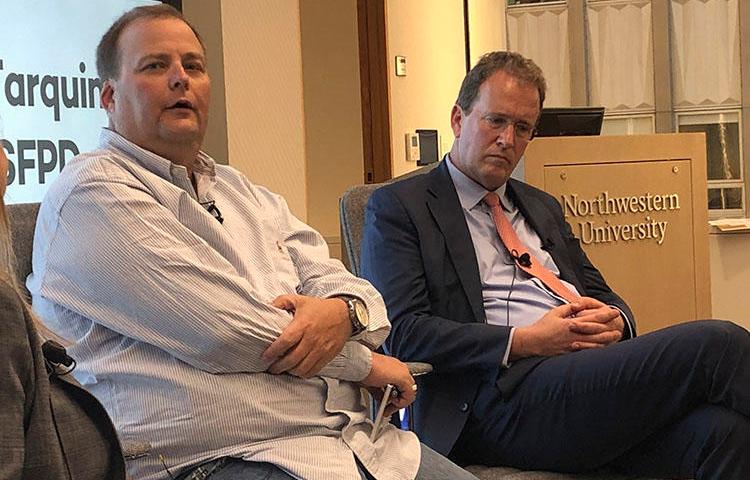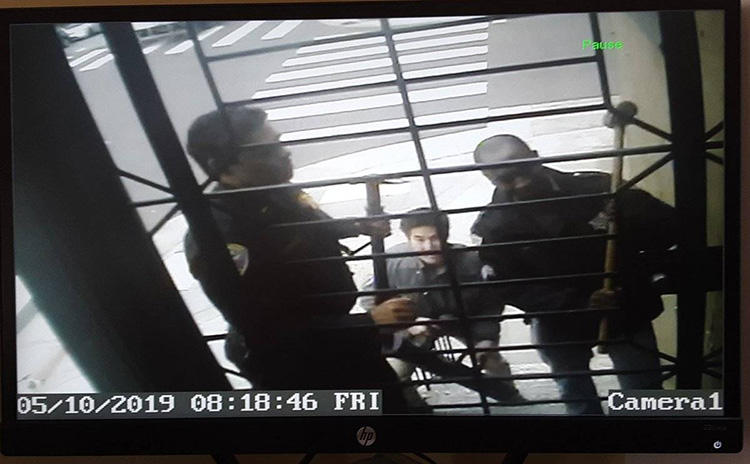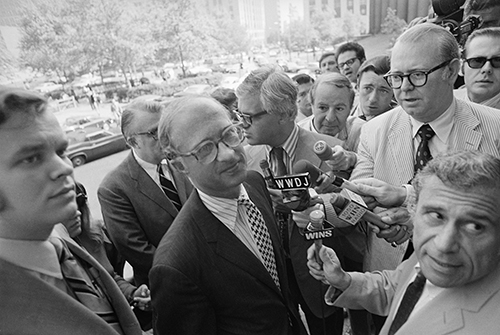
CPJ, partners urge US Congress to pass PRESS Act
The Committee to Protect Journalists joined more than 100 news outlets and press rights organizations in a letter on Tuesday, October 8, asking U.S. Congressional members to support the Protect Reporters from Exploitative State Spying Act (PRESS Act). The bill would create a federal shield safeguarding reporter-source confidentiality and prevent government access to unreported source…

CPJ joins letter calling for US Senate to push forward on PRESS Act
The Committee to Protect Journalists joined over 50 news and press freedom organizations in urging United States senators to support the Protect Reporters from Exploitative State Spying Act (PRESS Act). The bill would create a federal shield safeguarding reporter-source confidentiality and prevent government access to unreported source material. The letter, authored by the Reporters Committee for…

CPJ, partners join call for U.S. Senate to advance PRESS Act
The Committee to Protect Journalists joined more than 85 journalism and civil society organizations and 35 attorneys and law professors in urging the Senate Judiciary Committee to schedule a markup of the Protect Reporters from Exploitative State Spying Act (PRESS Act) as soon as possible so that it can be considered by the full Senate…

CPJ joins call urging U.S. Senate to advance the PRESS Act
The Committee to Protect Journalists Monday joined nearly 40 other press freedom and civil liberty organizations in a letter to U.S. Senate Majority Leader Chuck Schumer, urging him to advance the PRESS Act in a 2022 end-of-year omnibus bill. The legislation would create a federal shield law that would protect journalists from being forced to…

Carmody case shows grave police overreach, say lawyers
Bryan Carmody, a breaking news stringer who frequently worked the police beat in San Francisco, woke on May 10 to the sound of a sledgehammer at the metal gate securing his front door. Law enforcement agents investigating the leak of internal police documents were attempting to discover his source, CPJ reported at the time.

San Francisco police raid freelancer Bryan Carmody’s home
New York May 13, 2019–The Committee to Protect Journalists today condemned a raid by San Francisco police on the home of freelance journalist Bryan Carmody, and called on authorities to immediately return electronic devices, documents, and other seized property.

Transition to Trump: Reporters must be allowed to protect their sources
As a new presidential administration prepares to take over the U.S., CPJ examines the status of press freedom, including the challenges journalists face from surveillance, harassment, limited transparency, the questioning of libel laws, and other factors.